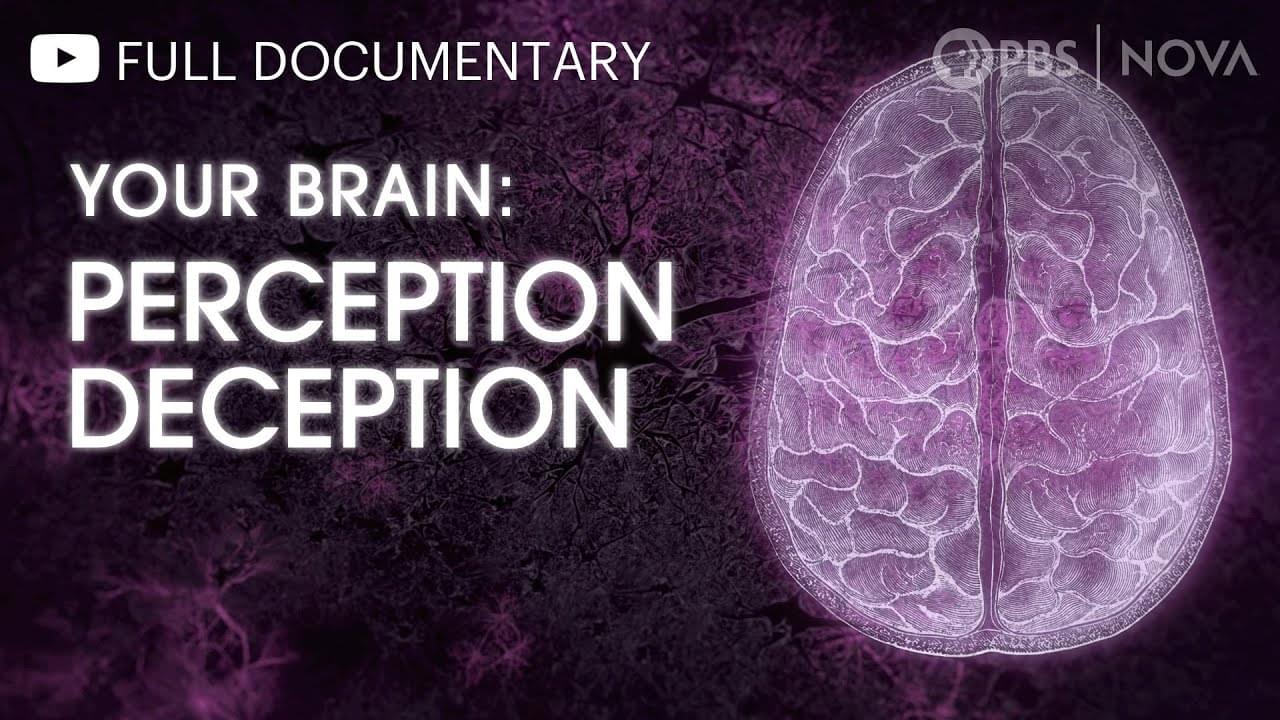Nov 29, 2023
Seratech bakes bricks overnight using CO2 captured from factories
Posted by Gemechu Taye in categories: education, engineering, sustainability
To commercialize the carbon-neutral bricks, Seratech is working together with a team of architects at London-based Carmody Groarke.
Saratech.
The brick is a product of 18 months of research funded by the Engineering and Physical Sciences Research Council (EPSRC) and Higher Education Innovation Fund (HEIF).

















